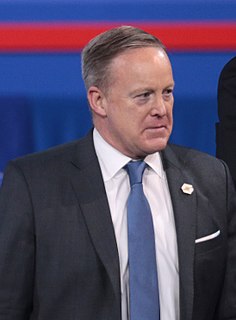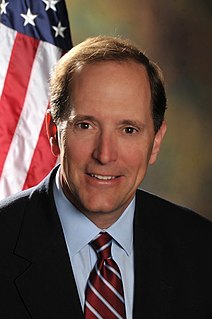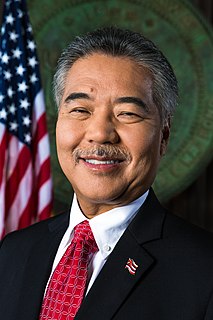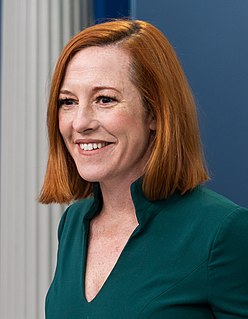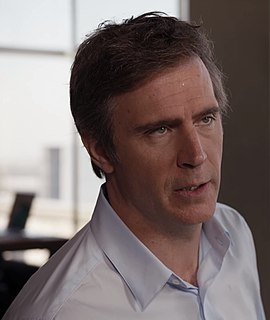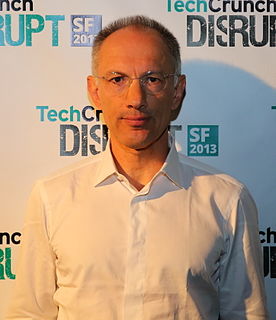A Quote by Sean Spicer
I don't want to paint everybody with the same broad brush. But I do think that the majority of folks now in the briefing room, that are going into journalism - they're not there for the facts and the pursuit of the truth.
Related Quotes
I think everybody's talking about like facts and truth and you know like that 'We're here to fact check' and all of that, that's the base material of journalism. You cannot have journalism without facts and truth. But if facts and truth were what actually you know sort of moved people's lives and moved their decision-making like the election would have had a different outcome.
I think that's one thing that hinders hip-hop and I think when everybody tries to be the same... That's why people look at the 1990s almost like it was a golden era in hip-hop 'cause it was so much diversity in the music and in the artists. It wasn't everybody just trying to paint the same picture and say it with the same flow.
I want to help clean up the state that is so sorry today of journalism, and I have a communications degree. I studied journalism -- who, what, where, when, and why -- of reporting. I will speak to reporters who still understand that cornerstone of our democracy, that expectation that the public has for truth to be reported. And then we get to decide our own opinion based on the facts reported to us.
I think we need to reckon in a very serious way with the emotional content of news and the way that people perceive facts and their perception of their situation and to me I think the tabloid is like fundamentally an emotional form of journalism and that kind of emotional valence is what distinguishes it from the broad sheet.
